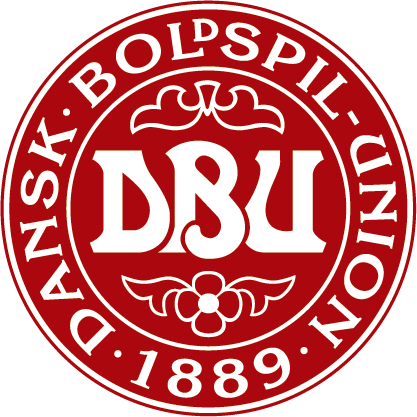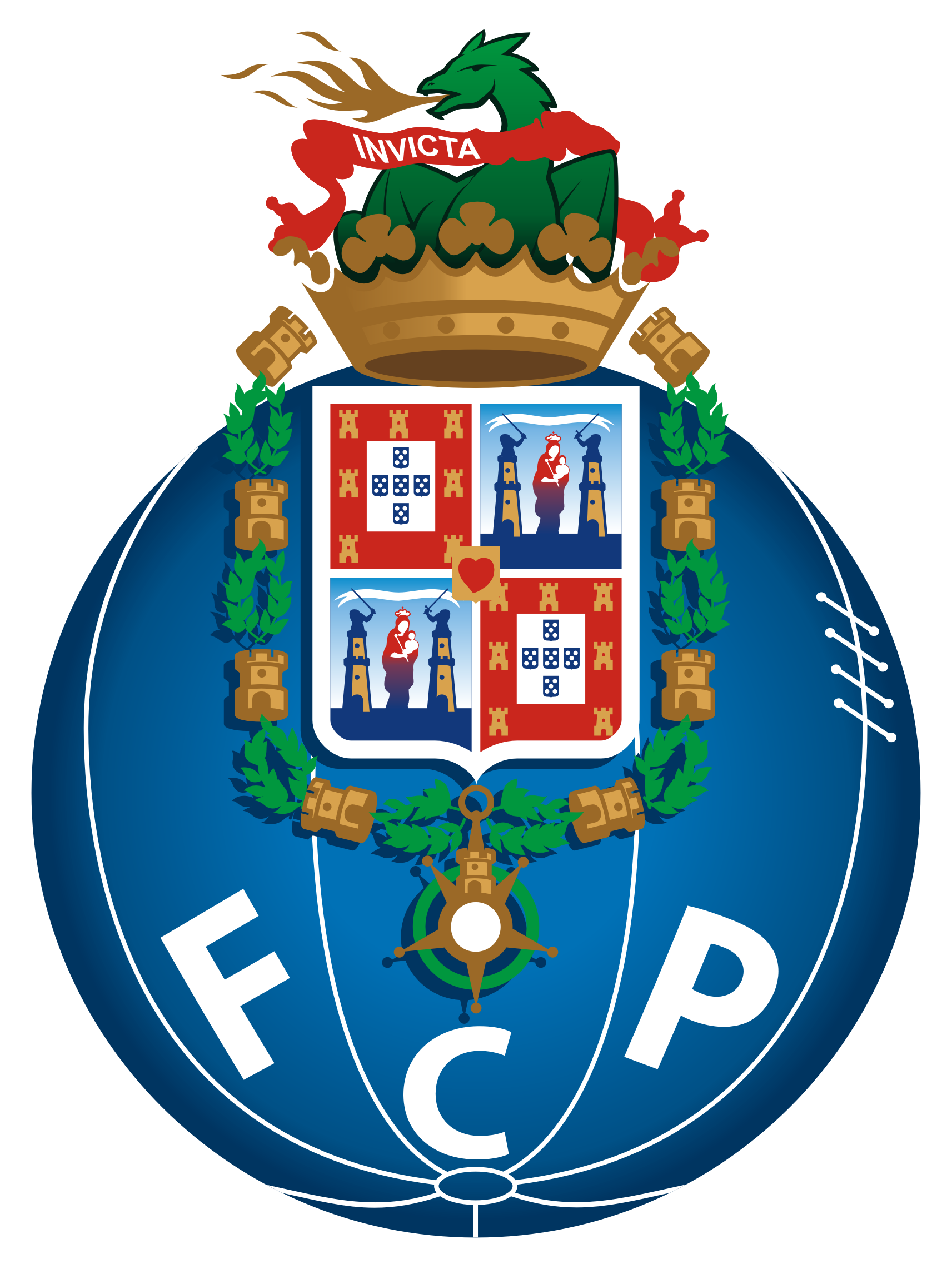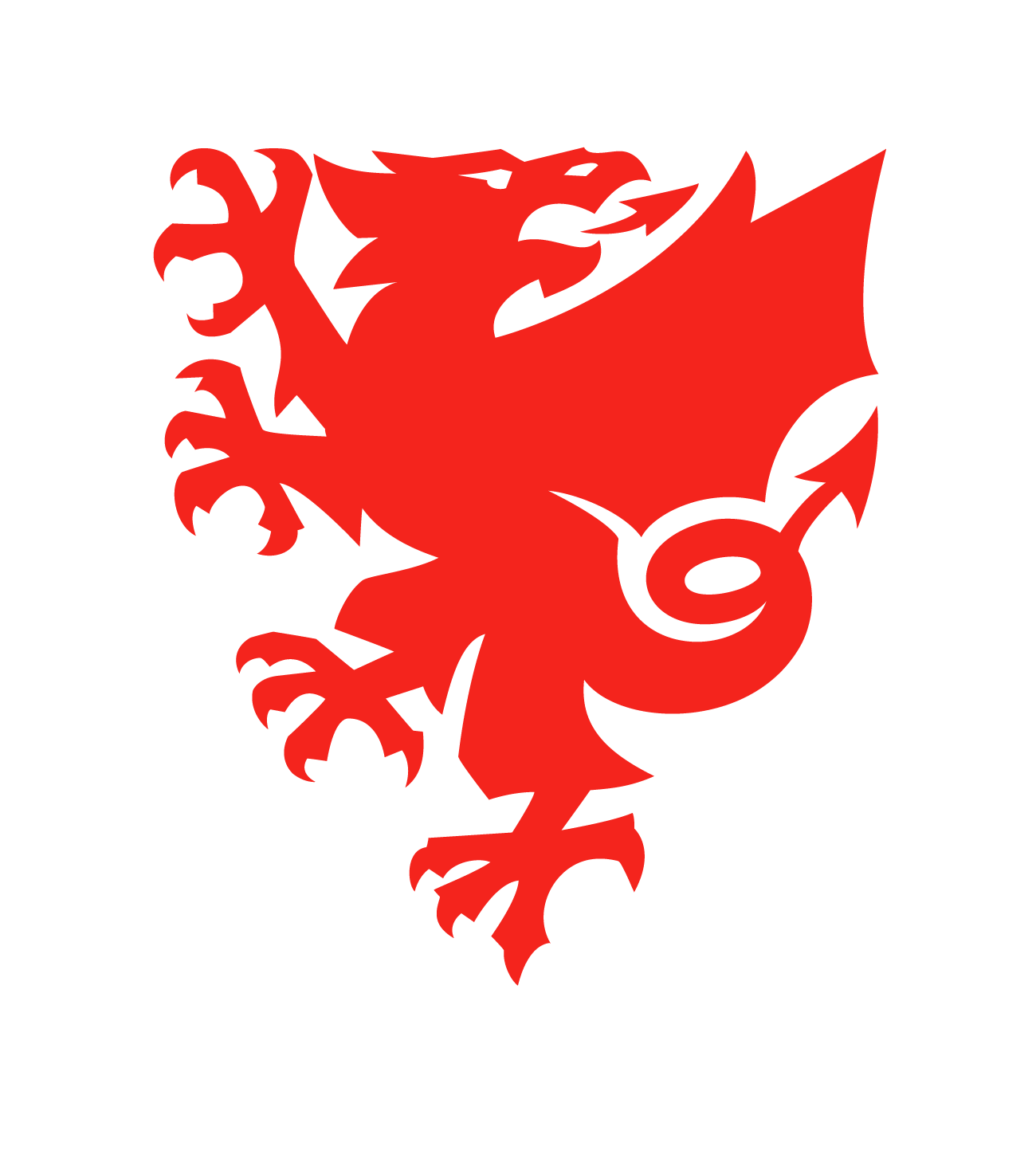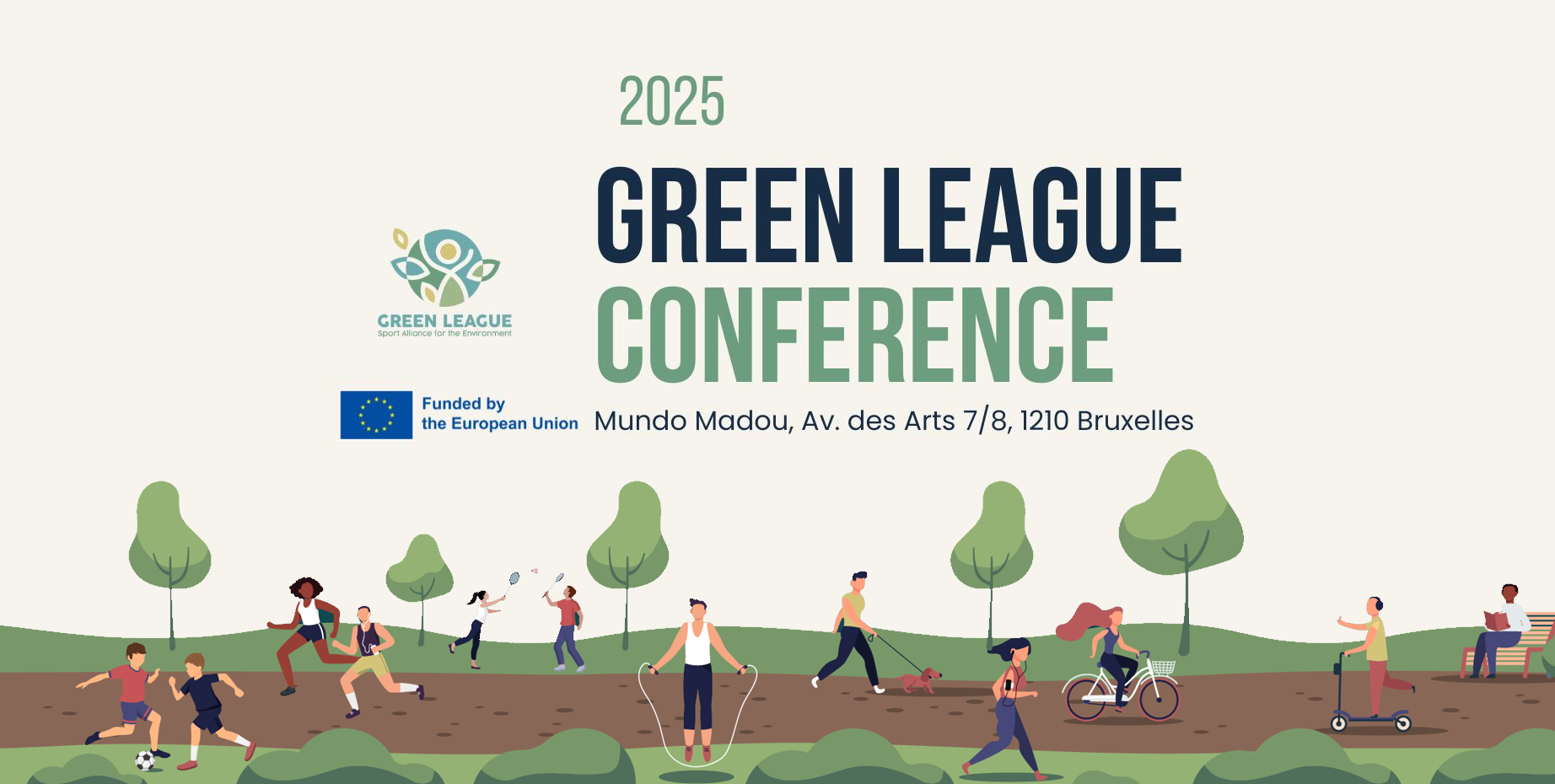ACR+
The ACCESS project invited to present their results at the Green League Sport Alliance for the Environment’s Conference
An occasion to talk about sport and environment and the link between them, to listen to key speakers expert in these fields and to get to know other people and broaden network of contacts – and the ACCESS project was there.
The conference saw a programme consisting of the presentation of the Green League project’s latest achievements followed by a panel discussion on sport and environment with Sara Massini of European Non-Governmental Sports Organisation, Nevena Vukašinović of Green Sports Hub Europe and UNFRGTBL and Ernest Kovacs on behalf of the ACCESS project.
Green League is a project that aims to strengthen the link between sport and the environment through experiential learning, promoting outdoor physical activity as a tool for or to generate environmental awareness and encouraging sustainable practices in sport. It answers the needs of encouraging the population to take urgent action to combat climate change and its impacts and of promoting healthy lives and well-being for everyone, therefore using sport as a tool to generate environmental awareness while contributing to a healthier lifestyle. The project’s key efforts revolve around the Green league Model – a framework that organisations can use to promote sustainable and environmentally friendly practices. It is based on three main aspects: organisation, implementation, and promotion. The Green League Model emphasises the importance of creating a culture of sustainability within the sport organisations and sport professionals and implementing environmentally friendly practices throughout all aspects of the sports organisations’ operations. It also recognizes the importance of promoting sustainability both within the sport organisation and externally in order to create a more sustainable future for all.
Speaking of the event, Ernest said:
Ernest Kovacs, ACR+
Events like this show the need for exchanging observations, results, trends and tendencies in various efforts for making sports more sustainable while rethinking processes and operations and in parallel, reaching out to communities for securing many added values – ownerships, empowerment, co-creation and social acceptance. The ACCESS project certainly has many results and outputs to share that were obtained and acquired throughout the last two and a half years of extensive research, study visits, cross-sectoral cooperation, testing and community engagement in Porto, Cardiff, Dublin and Copenhagen.
















